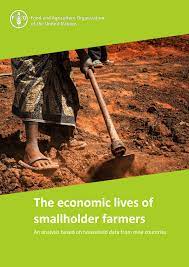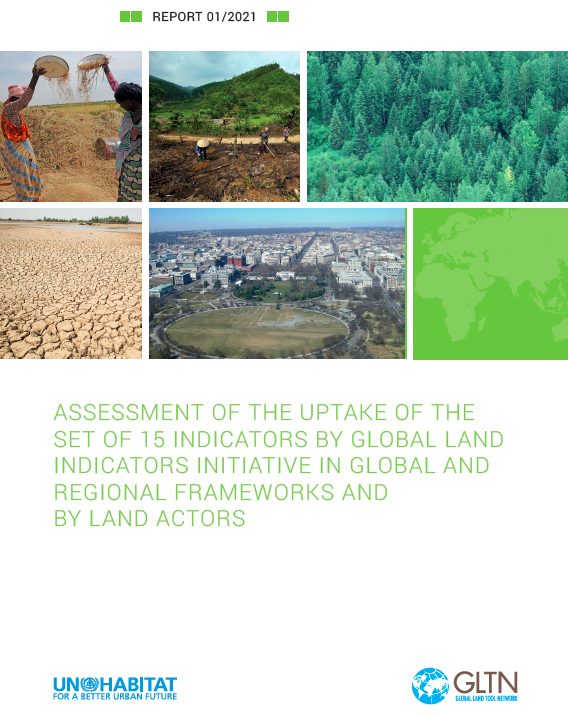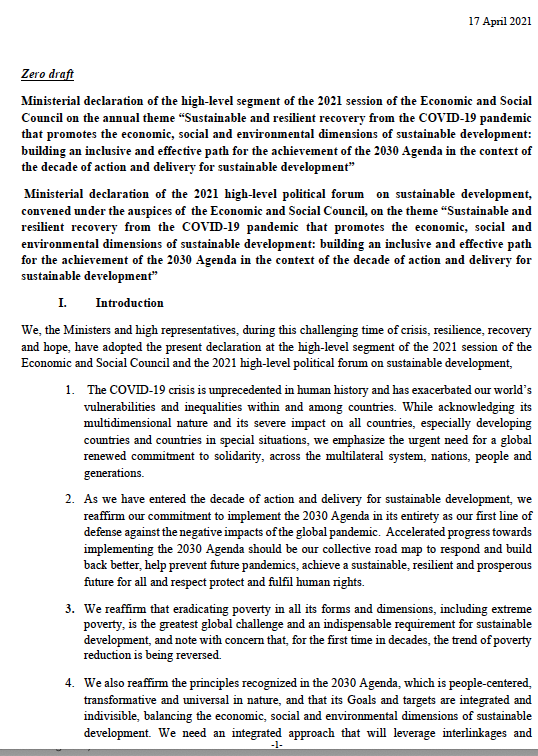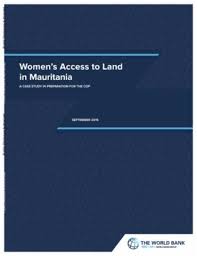Innovative Land Administration Approaches for Sustainable Development: Belarusian Success Factors
Belarus has preserved its third position in Registering Property in the World Bank’s Doing Business 2014 report. Constant improvement of property registration procedures has allowed Belarus to achieve that. The Registering Property indicator takes into account three factors: the number of procedures required to transfer rights to property, the time spent on completing all the necessary procedures and the cost of procedures. From ”The Earth Summit“ in Brazil 1992 sustainable development recognized by almost all societies as one of the major global goals.






